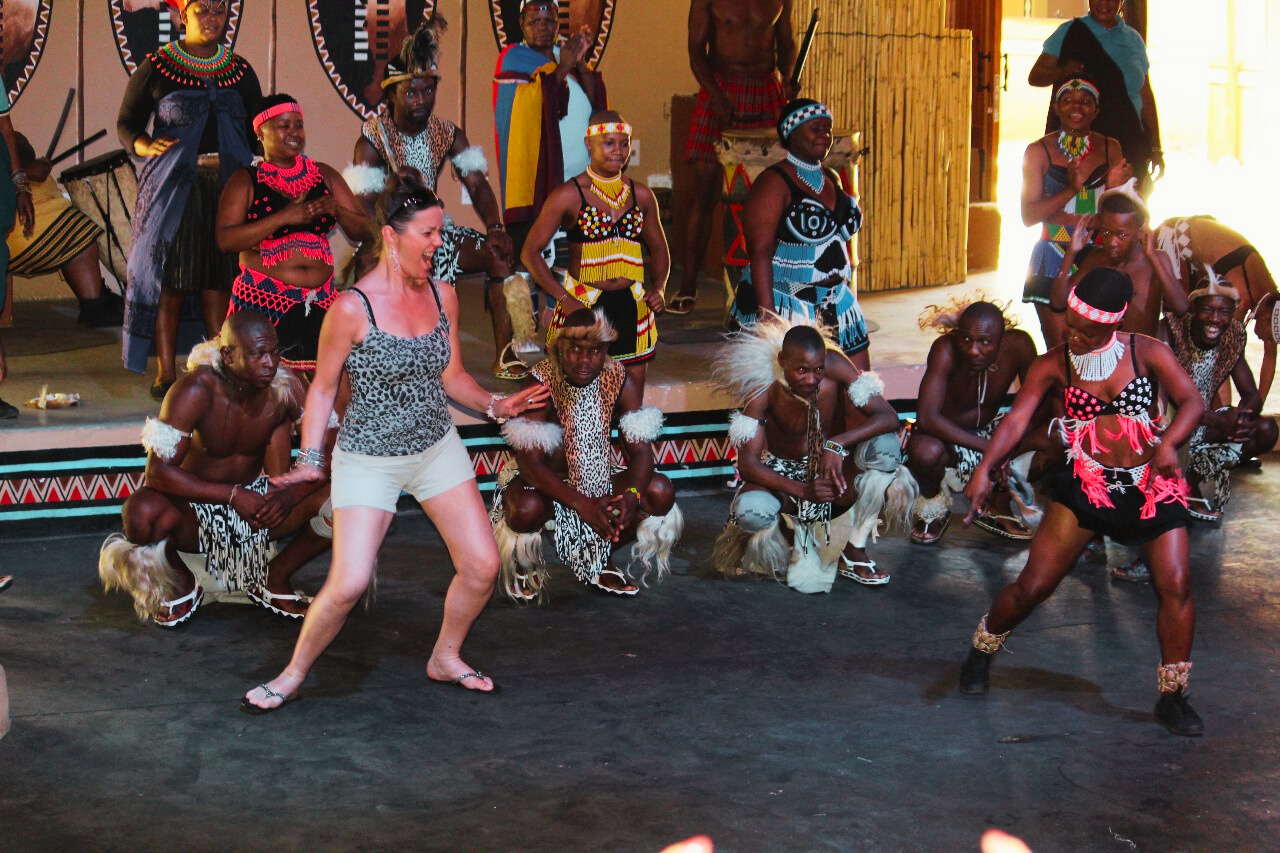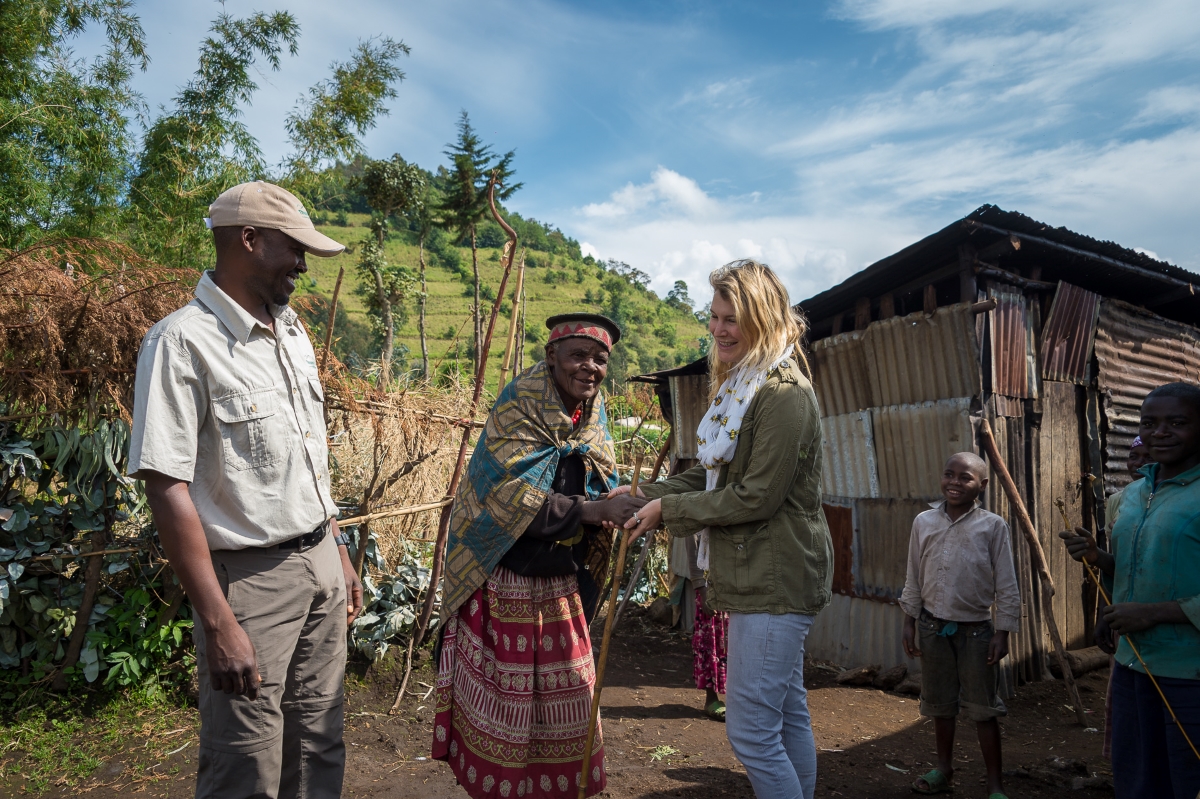Village Tours – Authentic African Culture, Community, and Heritage with WildHorn Africa
To travel through Africa is to encounter breathtaking landscapes, extraordinary wildlife, and vibrant cities filled with rhythm and color. Yet, beyond the savannahs and safaris, beyond the golden beaches and bustling markets, there lies another world — one that reveals Africa in its most genuine and human form. This is the world of village tours, where travelers step beyond observation and into participation, where stories are not just told but lived.
A village tour is more than an excursion; it is an intimate passage into the essence of culture, tradition, and community. It is where travelers find the heart of Africa beating — not in skyscrapers or resorts, but in villages where life unfolds with simplicity, dignity, and grace. The laughter of children, the rhythm of drumming, and the aroma of wood-smoked meals create a symphony of authenticity that defines what it truly means to connect.
To embark on a village tour is to return to the roots of humanity — to witness a life where time moves with the sun, where communities thrive in cooperation, and where every greeting carries the weight of genuine warmth. For those who seek to experience Africa beyond the lens of tourism, the village is the mirror of its soul.
The Meaning and Essence of Village Tours
A village tour represents more than a guided visit; it is an immersion into the living heritage of Africa. These tours open a window into rural life — where people live in harmony with nature, and where the customs, languages, and rituals of ancient cultures remain beautifully preserved.
Each African village carries its own distinct identity, shaped by its environment and its people. Some are nestled among mountains and rolling hills, others stretch along lakeshores or savannah plains. In every one of them, life unfolds with a sense of rhythm — work, laughter, storytelling, and song weaving seamlessly together.
To experience a village is to understand Africa at its deepest level. It is to see how communities sustain themselves, how they celebrate, and how they survive. These tours highlight the interconnectedness of people and land, revealing that the strength of Africa does not lie in its monuments or modern developments, but in its people — resilient, welcoming, and wise.
Daily Life: The Heartbeat of the Village
Life in an African village begins with dawn. As the first light spreads across the horizon, the air fills with soft murmurs of activity. The crackle of firewood, the crowing of roosters, and the laughter of children mark the start of another day. Women move gracefully with baskets balanced on their heads, collecting water or preparing meals, while men head toward fields, forests, or fishing spots to provide for their families.
The rhythm of life is slow but purposeful. Time is not ruled by clocks, but by the sun’s journey across the sky. Work, play, and rest are all intertwined in a natural flow that honors both effort and balance. Visitors soon learn that in African villages, productivity and peace coexist — people labor with joy and gather with gratitude.
Evenings are times of reflection and togetherness. As the sun dips below the horizon, families and neighbors gather around fires. Stories are told, drums are played, and songs echo through the night air. Under a canopy of stars, laughter and music unite generations, binding people not only to one another but to their ancestors who came before.
To witness such a moment is to feel a rare kind of peace — a reminder that life, in its simplest form, holds the greatest beauty.
Culture, Tradition, and the Spirit of Continuity
The African village is a keeper of traditions that span centuries. In a world racing toward modernization, these communities preserve the essence of what makes culture meaningful — respect for elders, connection to nature, and reverence for ancestry.
Each stage of life in the village is marked by ceremonies rich in symbolism. Births are celebrated with blessings and dances, marking the arrival of a new soul into the community. Initiation rites usher youth into adulthood through lessons in courage, wisdom, and responsibility. Marriage ceremonies unite not just two individuals but entire families, sealed with song, food, and ritual. Even death is not seen as an end but a transition — a return to the ancestors.
Spirituality flows naturally through these customs. It is not confined to temples or churches but woven into the fabric of life. The land itself is sacred, and every tree, river, or mountain carries a story or spirit. Ancestors are honored as protectors, and daily prayers are whispered in gratitude to the unseen forces that sustain life.
Travelers who witness these traditions often speak of their transformative power. To see a community dance for rain or sing blessings at dawn is to encounter a way of life that recognizes the divine in all things. It is to understand that for African villages, faith is not a belief — it is a way of being.
The Role of Women in Village Life
In the story of African villages, women are both the heart and the hands of the community. Their roles extend far beyond domestic duties — they are cultivators of land, nurturers of children, keepers of wisdom, and guardians of tradition.
From dawn till dusk, women work tirelessly. They plant crops, fetch water, prepare meals, and engage in small-scale trade. Yet, within their labor lies artistry and strength. The baskets they weave, the pottery they mold, and the meals they prepare are not mere tasks but expressions of skill and love.
Women also hold immense social and spiritual influence. They lead songs, initiate community gatherings, and teach the next generation through storytelling and example. In many communities, they are the healers — midwives, herbalists, and counselors who hold knowledge passed down through centuries.
For visitors, meeting African women in their villages is a humbling experience. Their resilience, humor, and grace reflect a kind of strength the modern world often overlooks. In their eyes, one sees the soul of Africa — steadfast, kind, and endlessly creative.
 Hospitality and the Art of Welcome
Hospitality and the Art of Welcome
One of the most defining aspects of a village tour is hospitality. In Africa, the act of welcoming a guest is sacred. Visitors are not treated as strangers but as part of the community, honored with food, smiles, and stories.
Upon arrival, travelers may be greeted with traditional songs or dances, gestures of joy that set the tone for connection. A calabash of local drink or freshly prepared fruit may be offered as a sign of respect. Such hospitality is not dependent on wealth but on generosity of spirit.
Food is central to the African experience. Meals are shared communally, symbolizing unity. Whether it’s cassava bread, roasted plantain, millet porridge, or spicy stews, each dish tells a story of land and labor. Eating together transcends language — it becomes a celebration of life itself.
The concept of Ubuntu, meaning “I am because we are,” embodies this warmth. In African villages, relationships are the true currency of life, and giving is an act of gratitude rather than obligation.
Music, Dance, and Storytelling: The Language of Life
The soundscape of African village life is alive with rhythm and song. Music is not an art form confined to performance — it is the pulse of existence. It marks celebrations, rituals, and daily labor, binding communities together through shared expression.
Drums are central to this rhythm. Their beats echo across fields and valleys, summoning people to gather, celebrate, or reflect. Each drumbeat carries meaning — a call to unity, a symbol of power, a prayer to the ancestors.
Dance, too, plays an essential role. Movements are not random; they narrate stories of harvests, victories, and love. Every gesture, every sway of the body, connects participants to their history and to one another.
Storytelling, often performed by elders or griots, is another vital form of cultural preservation. Around the evening fire, tales of tricksters, heroes, and ancestors are shared. These stories carry moral lessons, humor, and deep philosophical truths. For travelers, listening to such tales is a reminder that wisdom transcends education — it is found in the cadence of spoken word and the warmth of shared memory.
 Education and the Future of the Village
Education and the Future of the Village
In many African villages, education represents both progress and preservation. Schools, often built through communal effort, stand as symbols of hope. Teachers — many trained locally — dedicate themselves to nurturing the next generation while instilling pride in cultural identity.
Children attend classes with enthusiasm, often walking long distances just to learn. Lessons are simple yet powerful — reading, mathematics, environmental awareness, and local history all taught under the same roof. But education extends beyond classrooms. It is in the fields where elders teach sustainable farming, in workshops where crafts are passed down, and in stories that preserve language and values.
Visitors participating in educational initiatives gain an inspiring perspective. They witness the determination of a generation that seeks to bridge tradition and technology, ensuring that modernization enhances rather than erases heritage.
Sustainability and Responsible Tourism
As global travelers increasingly seek authentic experiences, village tours have emerged as powerful tools for cultural exchange and community development. However, such encounters must be approached with respect and responsibility.
Sustainable tourism ensures that communities benefit directly from the presence of visitors. Local guides, artisans, and performers are compensated fairly, and traditions are shared with dignity rather than exploited for entertainment. When managed ethically, tourism helps fund education, healthcare, and infrastructure, creating opportunities while preserving authenticity.
Travelers are encouraged to engage mindfully — to listen more than they speak, to ask before photographing, and to purchase handmade crafts that support local artisans. Operators such as WildHorn Africa work closely with communities to ensure that village tours are designed to uplift, educate, and inspire.
This model of travel creates a symbiotic relationship. Villages gain resources and pride, while travelers gain wisdom and understanding — proof that tourism, when guided by empathy, becomes a force for good.
The Emotional and Transformative Impact of Village Experiences
The power of a village tour lies not just in what is seen but in what is felt. Travelers leave not with souvenirs, but with stories — of laughter shared under trees, of songs sung at dusk, of children’s smiles that speak a universal language.
The experience challenges perspectives. It strips away assumptions about wealth, happiness, and progress. It shows that fulfillment can be found in simplicity, that strength can coexist with gentleness, and that connection is the essence of existence.
Many visitors describe their time in African villages as life-changing. It teaches humility, gratitude, and awareness — the understanding that the truest form of richness lies not in possessions but in people.
Destinations for Authentic Village Tours
Across Africa, countless regions offer travelers a chance to immerse themselves in genuine village life. In Uganda, visitors can meet the Batwa and Bakiga communities, whose forest heritage tells tales of ancient harmony with nature. In Rwanda, cultural villages near Volcanoes National Park celebrate the traditions of the Iby’Iwacu community with drumming, crafts, and storytelling.
Kenya and Tanzania introduce travelers to the Maasai — proud pastoralists whose red-shawled attire and warrior dances captivate all who visit. Southern Africa offers encounters with the Zulu, Xhosa, and Himba people, whose homesteads blend tradition with the artistry of design and craft.
Each destination carries its own rhythm, language, and warmth. Yet, what unites them all is authenticity — the chance to experience Africa as it truly is, unfiltered and unforgettable.
Discover the Real Africa with WildHorn Africa
To embark on a village tour is to walk into Africa’s most intimate stories. It is to discover a continent through its people — their kindness, resilience, and joy. It is a journey of connection, not just observation; of learning, not just traveling.
The beauty of the African village lies not in its simplicity alone, but in its soul — a living reminder that the strength of humanity lies in togetherness. Every handshake, every shared meal, and every song becomes a bridge across cultures and time.
For travelers who seek to go beyond the ordinary, who wish to experience Africa through authenticity and emotion, village tours are the ultimate path. They reveal a side of Africa untouched by modern noise — one that speaks softly but powerfully to the heart.
Book your next Africa tour and cultural safari with WildHorn Africa, and let the timeless spirit of Africa’s villages guide you into a world where culture, connection, and humanity become one.









